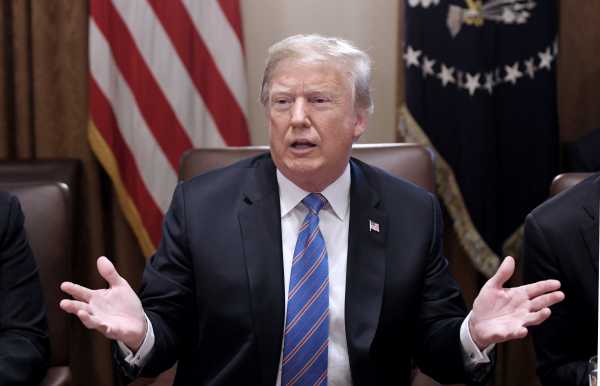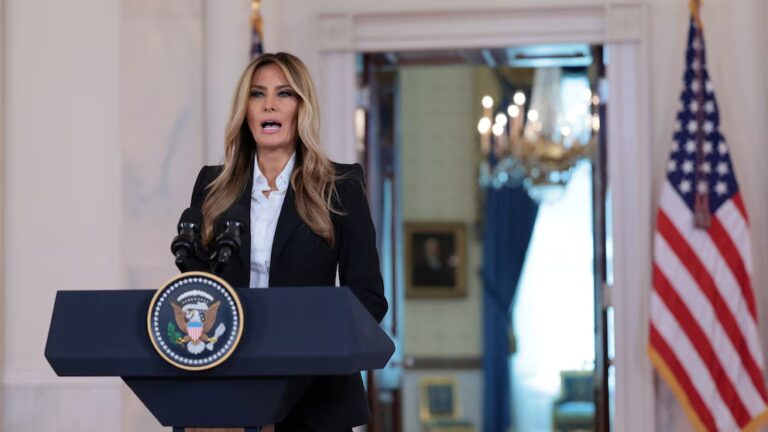
When the Trump administration announced a few weeks ago that it would freeze important Obamacare payments to health insurers, it wasn’t clear whether it was once again trying to sabotage the law, or needlessly introducing uncertainty to the law’s insurance markets, or both, or maybe neither.
Whatever it was, the Health and Human Services Department took action Tuesday to fix the problem, get the money flowing again, and remove any unnecessary doubt for insurers over billions of dollars in payments they were expecting.
At stake was Obamacare’s “risk adjustment” program. In brief, the program tries to help balance the medical risk in the law’s insurance markets. Health insurers that are found to have healthier customers (according to a federal formula) pay money into the program, and then insurers who have sicker customers receive money out of it.
The program had been challenged in court by smaller insurers in New Mexico, which argued the federal formula was tilted in favor of bigger national carriers. A federal judge agreed with them in an April ruling.
That decision is what prompted the Trump administration to pause the payments, though legal experts thought it was a strange move. They thought the administration could have pretty easily fought to keep the payments going, but instead surrendered without much of a fight and halted the payments nationwide.
To some people, it looked like Obamacare sabotage — about $10 billion in risk adjustment payments were in jeopardy, and, as insurers were deciding whether to keep participating in the law’s markets next year and what rates to set, the money freeze risked adding increased instability to an already precarious marketplace.
But on Tuesday, HHS stepped in to restart the risk adjustment payments, issuing a new regulation that attempts to address the federal judge’s concerns.
The particulars are wonky, even for us. But in short, the new rule explained in more detail why the formula was set the way it was — specifically, why it required risk adjustment to be budget-neutral, one of the New Mexico insurers’ main complaints.
According to Nicholas Bagley, a University of Michigan law professor who has followed every major Obamacare legal fight for the past decade, the next step will likely be the Justice Department asking for the judge’s decision that led to the payment freeze to be vacated.
We’ll have to wait and see whether the HHS rule is sufficient — the judge is clearly sympathetic to the plaintiffs’ concerns, and they are not likely to be satisfied by the new rule, since it doesn’t make substantive changes to the risk adjustment program.
But the new HHS rule, intended to kick-start the payments again, was nevertheless an unambiguously good move for Obamacare. Whatever its motivations — it’s worth noting that Republicans risk bearing a lot of the blame for the law’s problems at the ballot box this November — that’s not something we’ve seen very often from the Trump administration.
Sourse: vox.com






